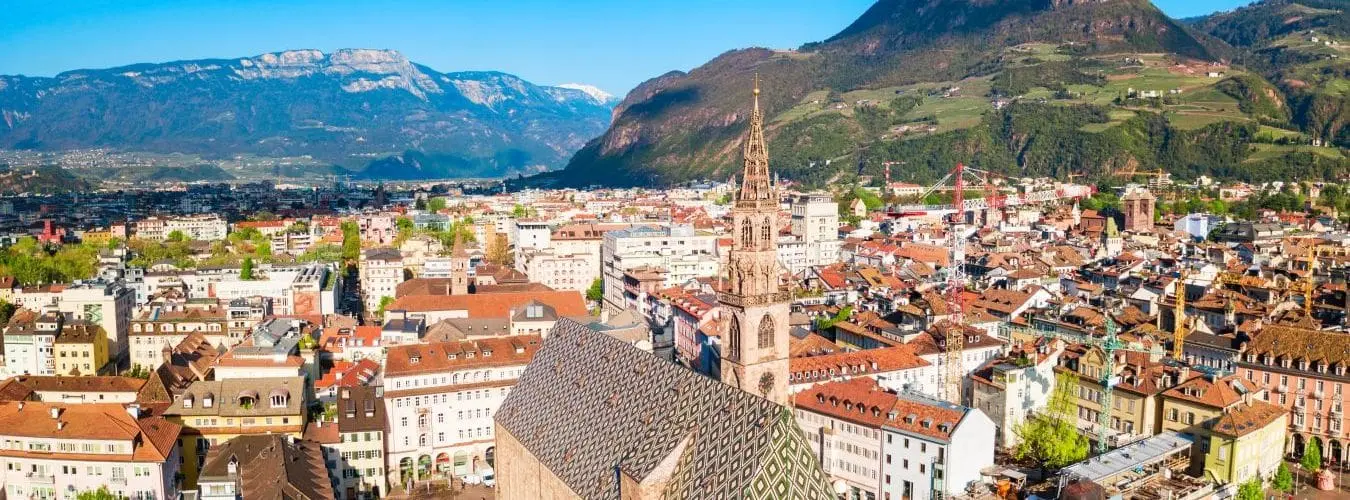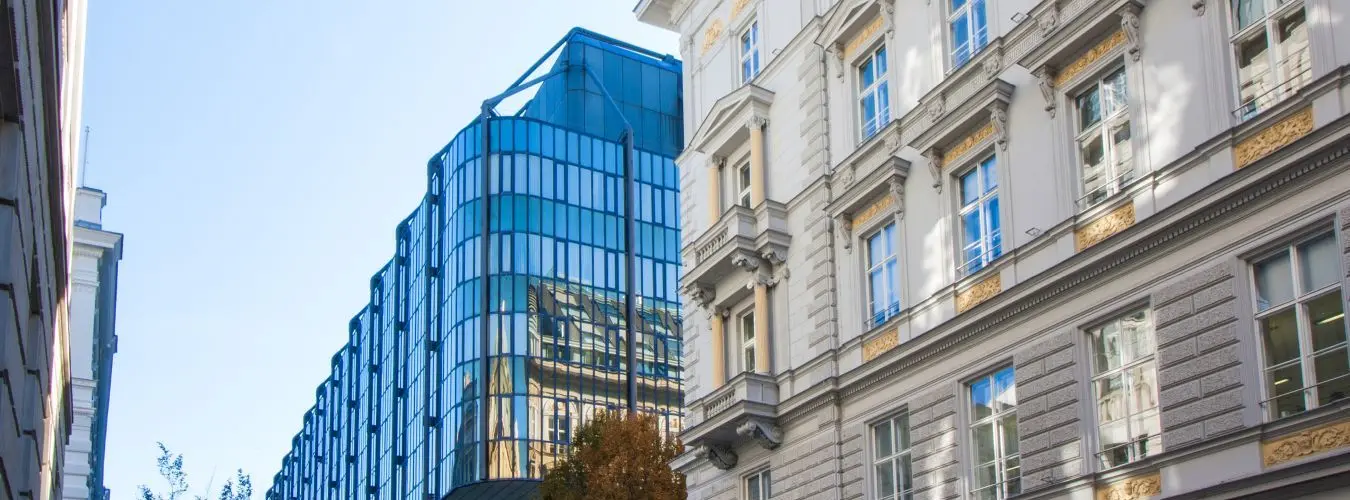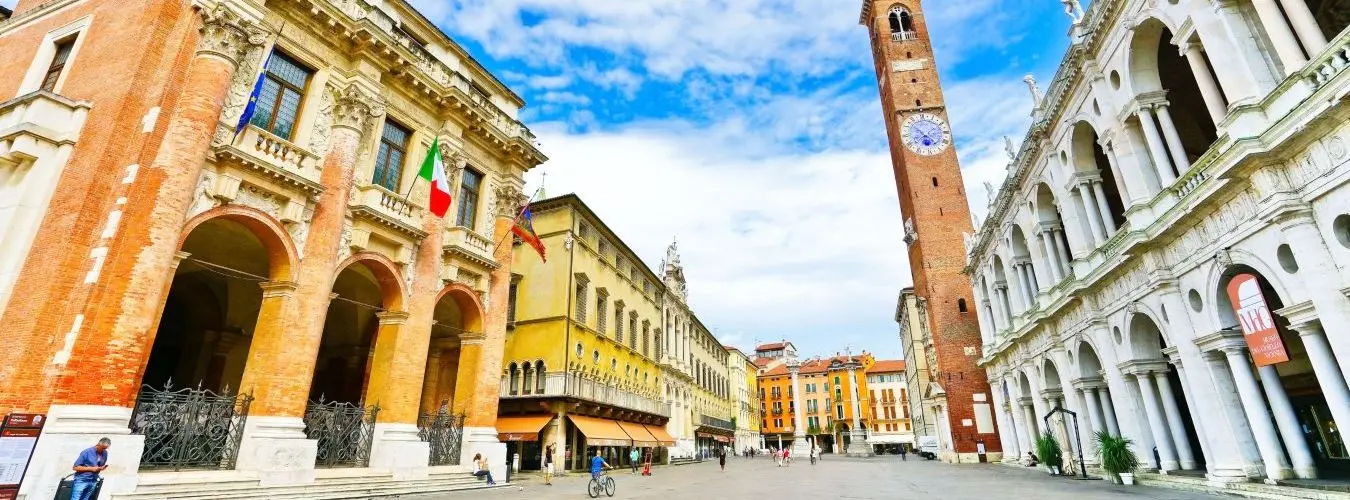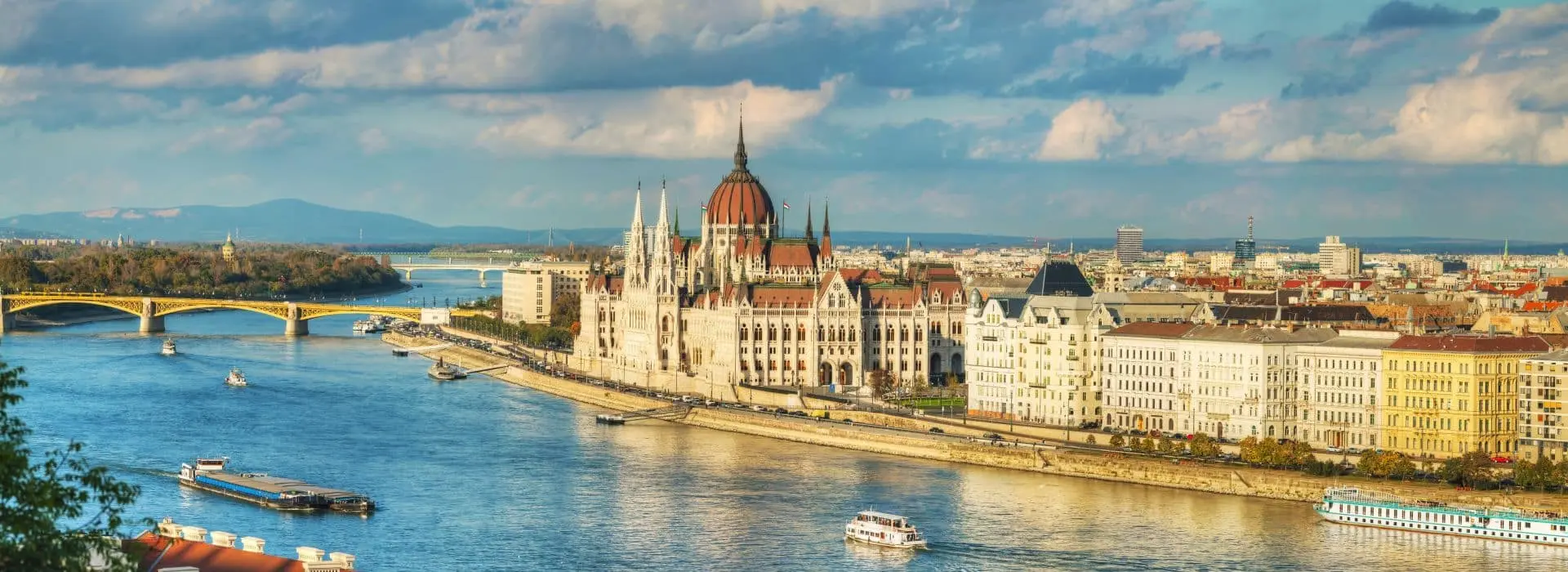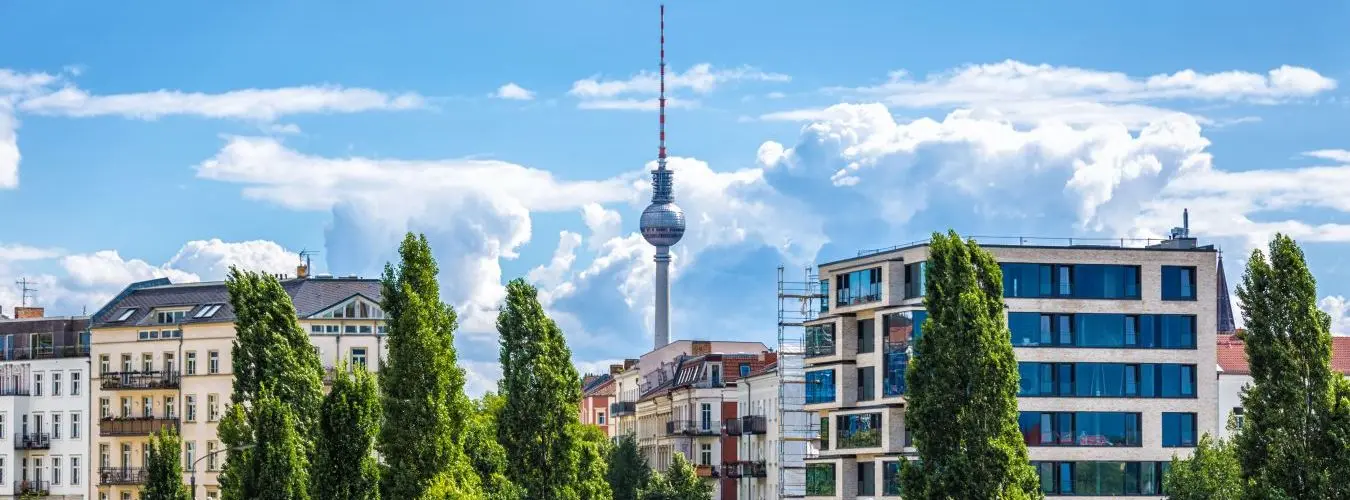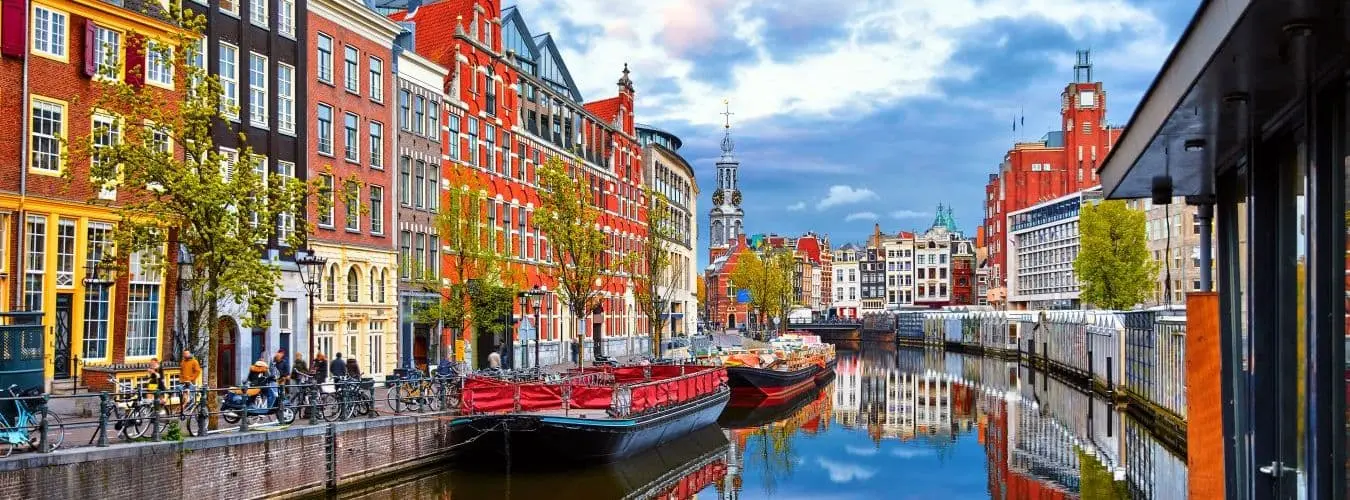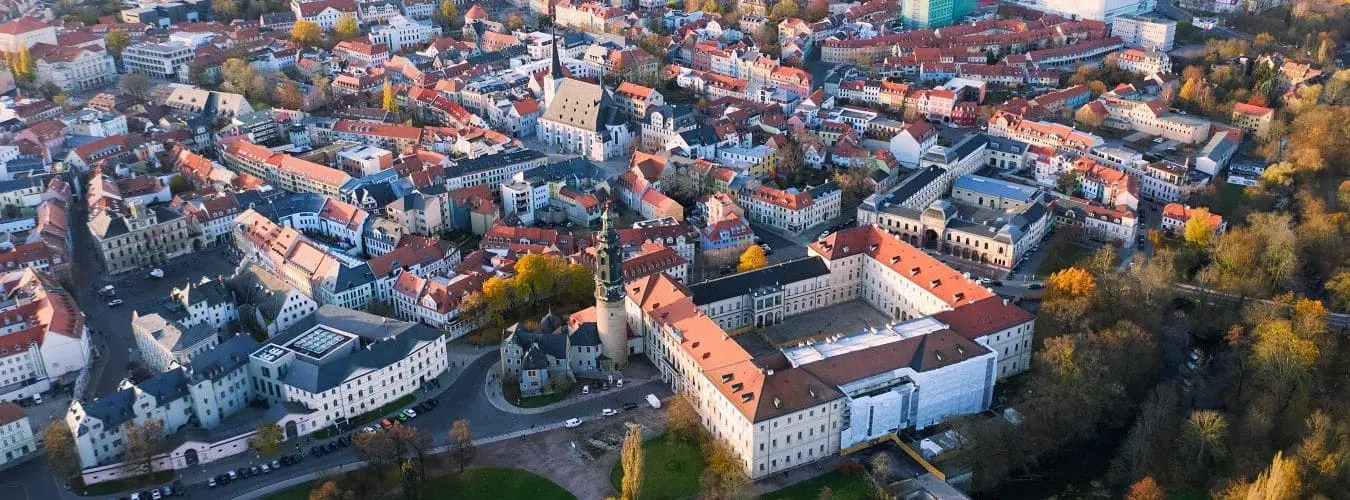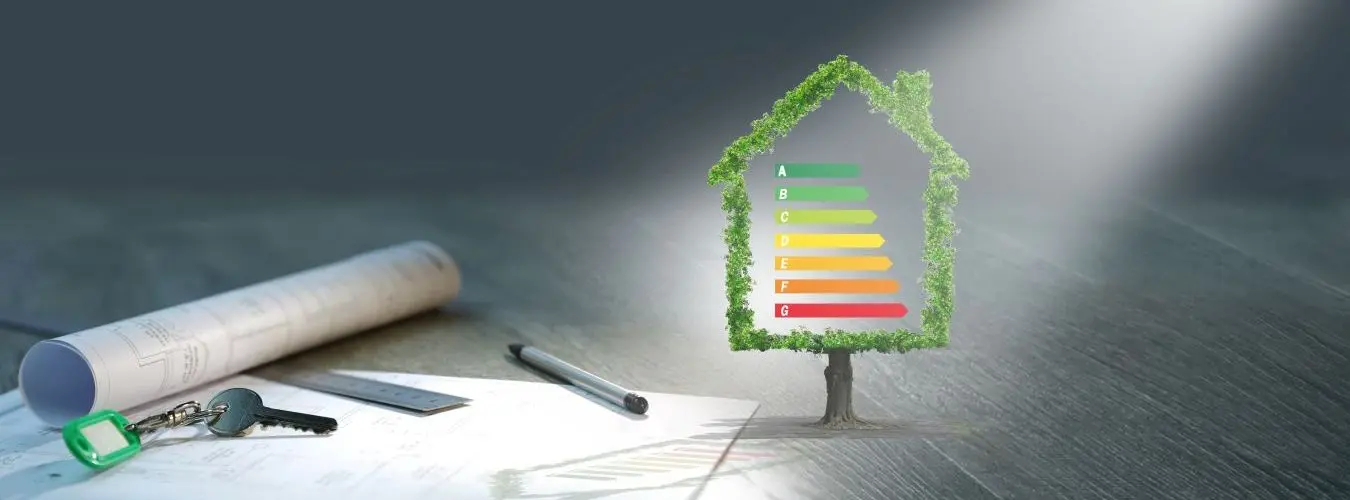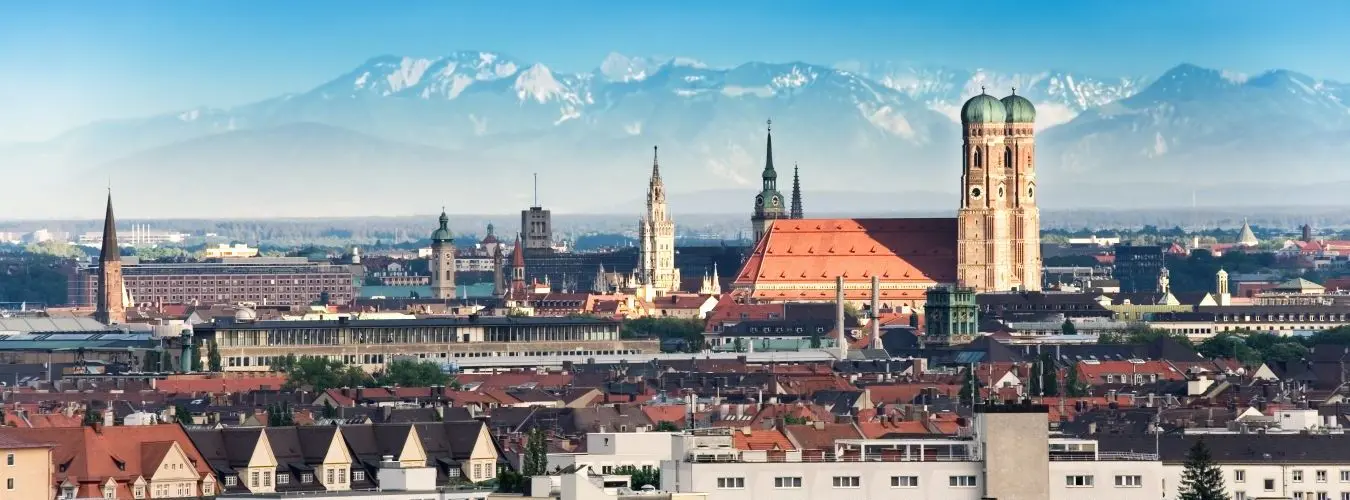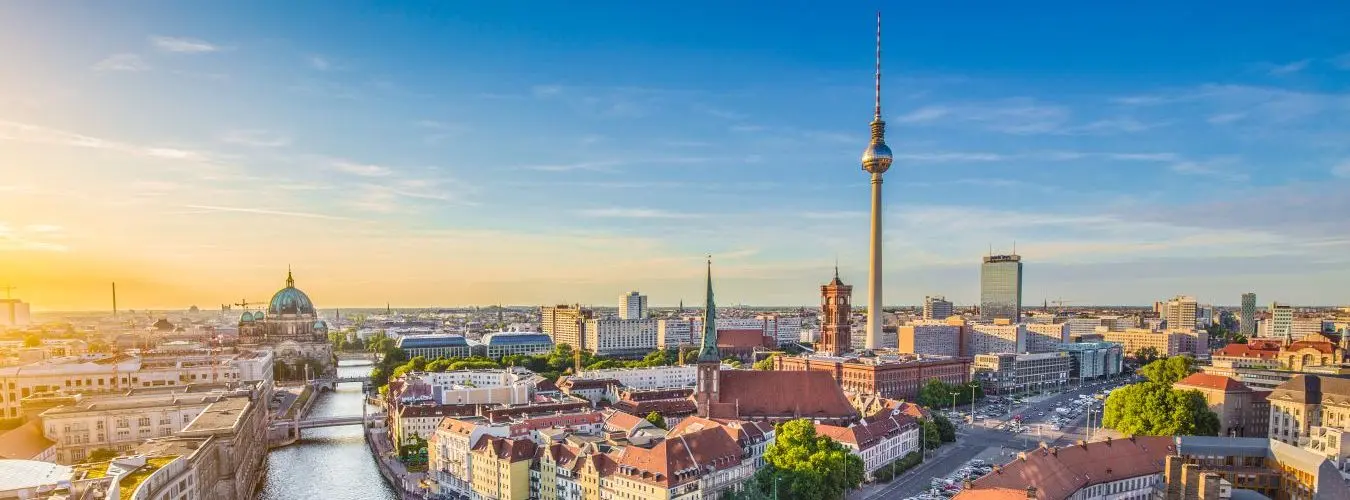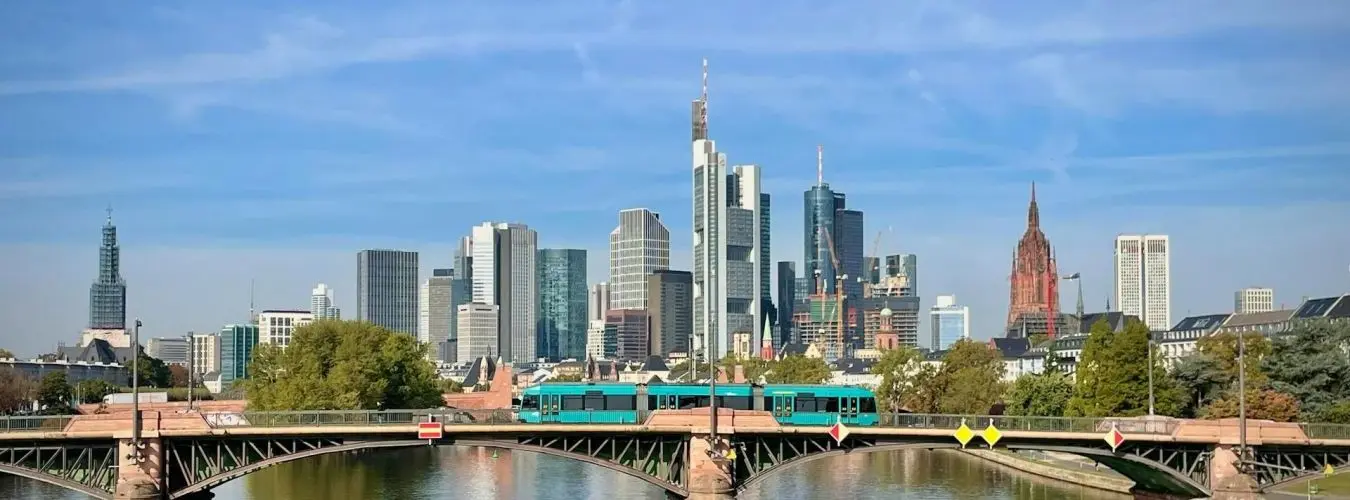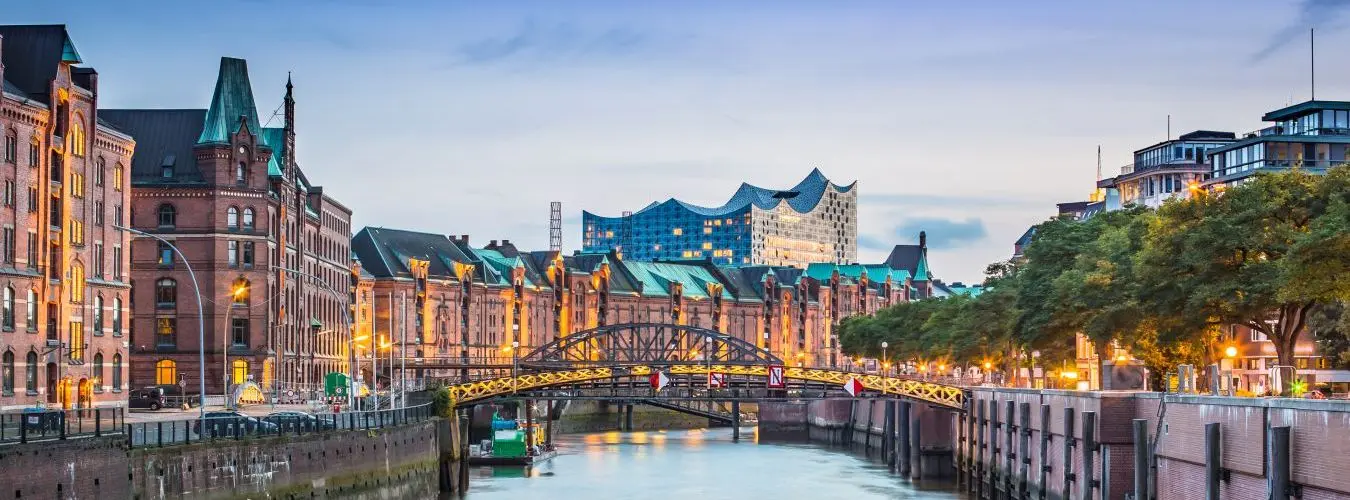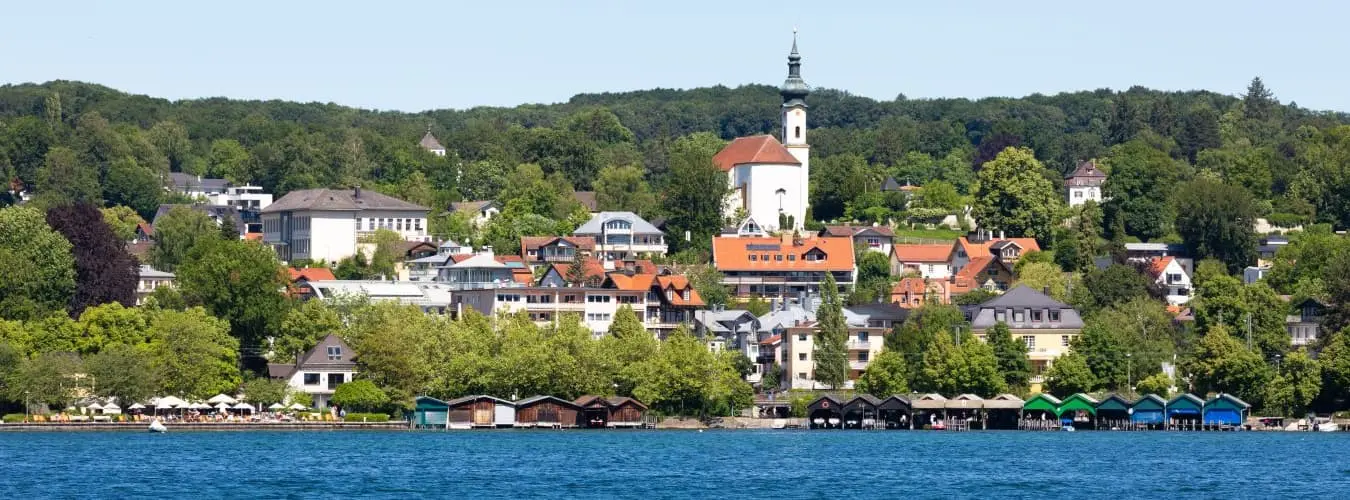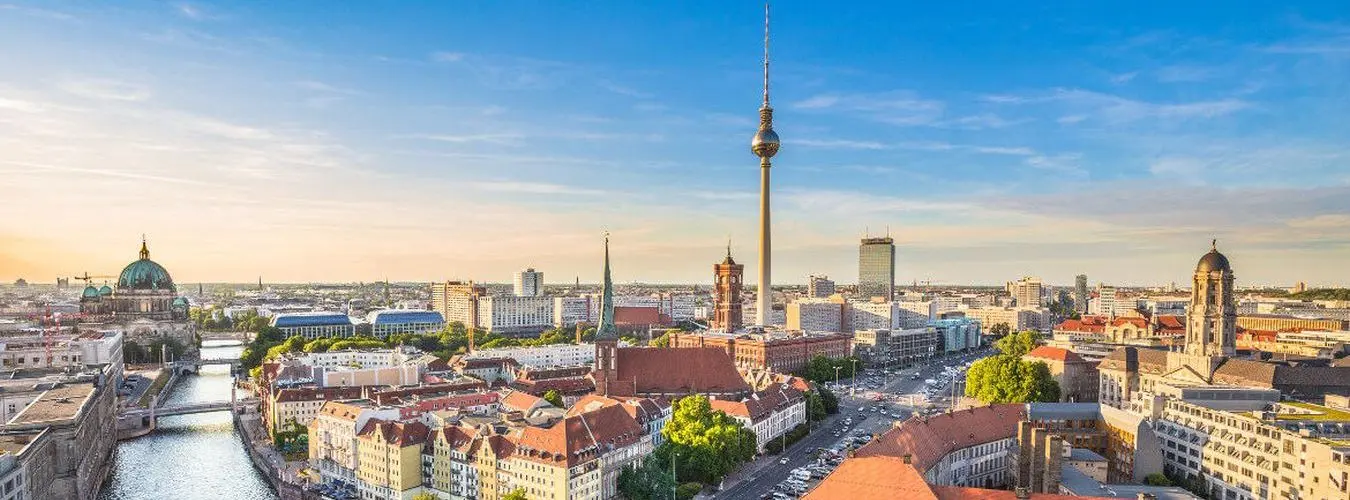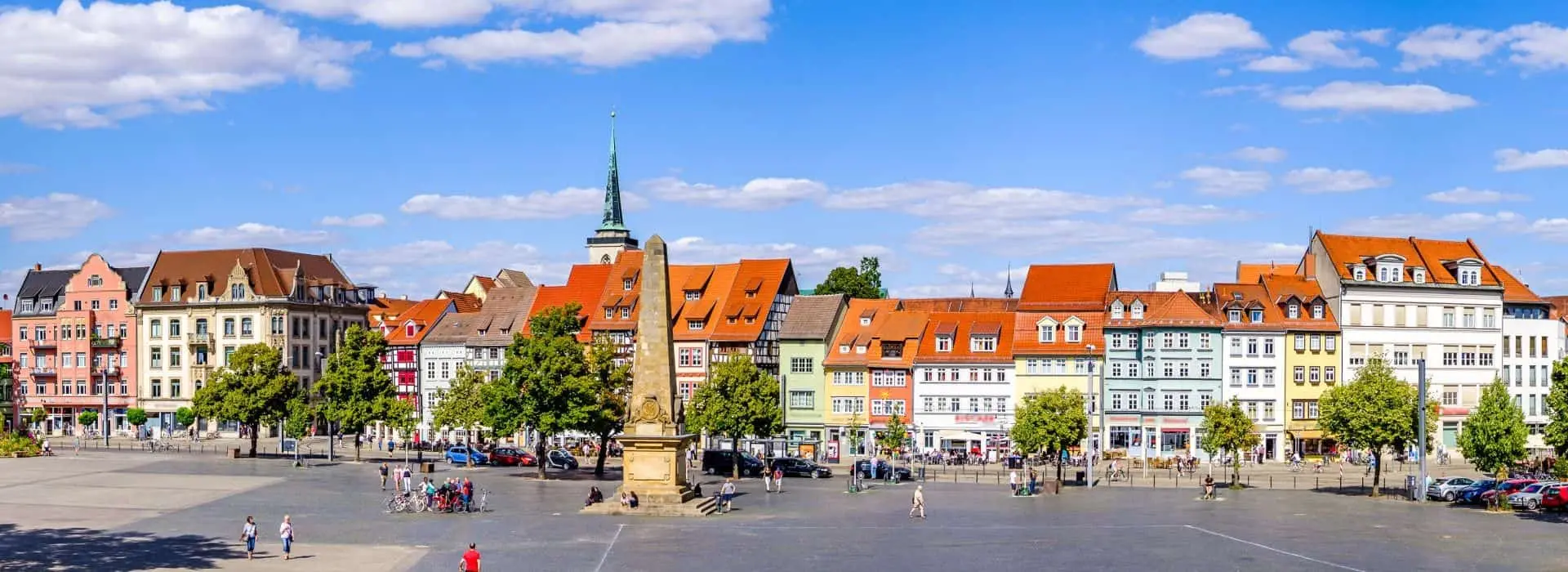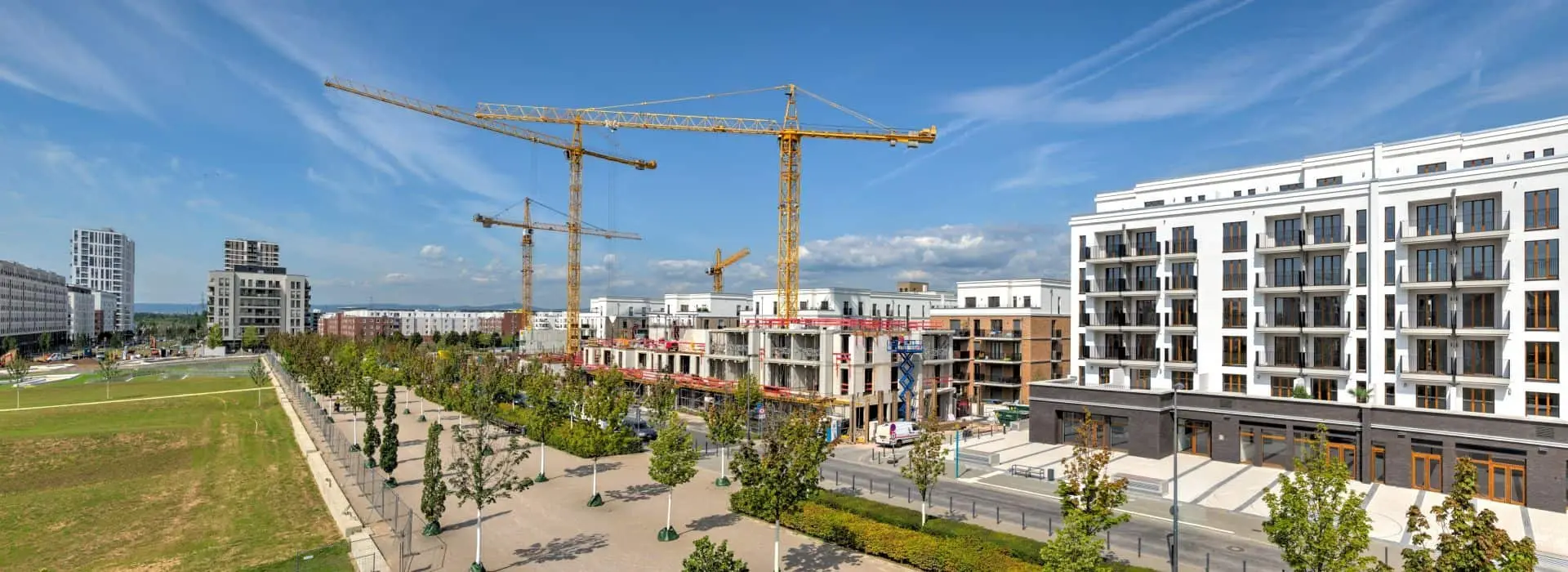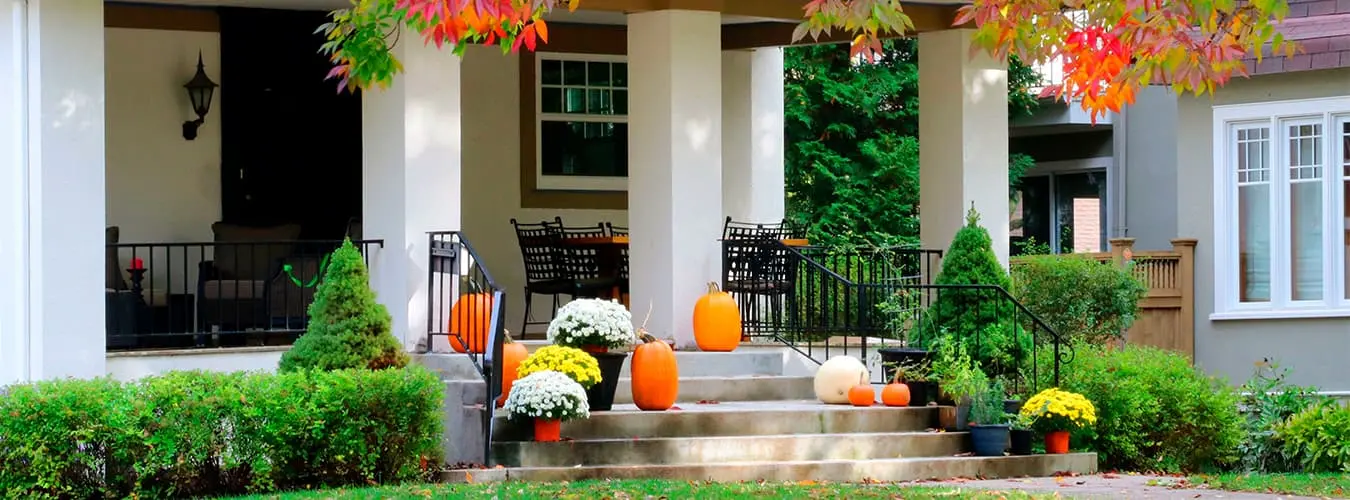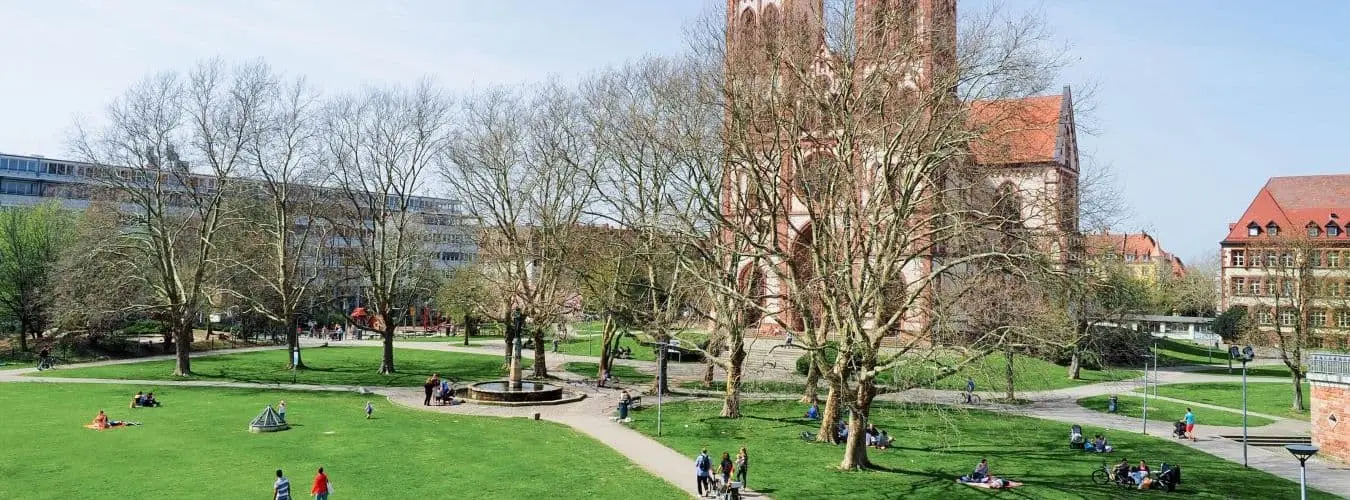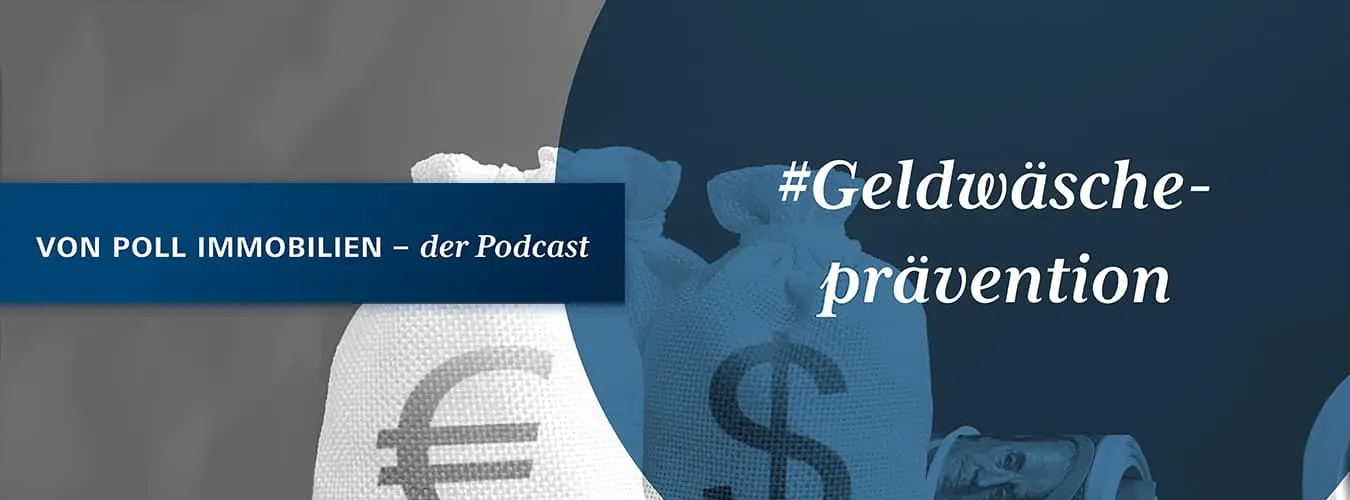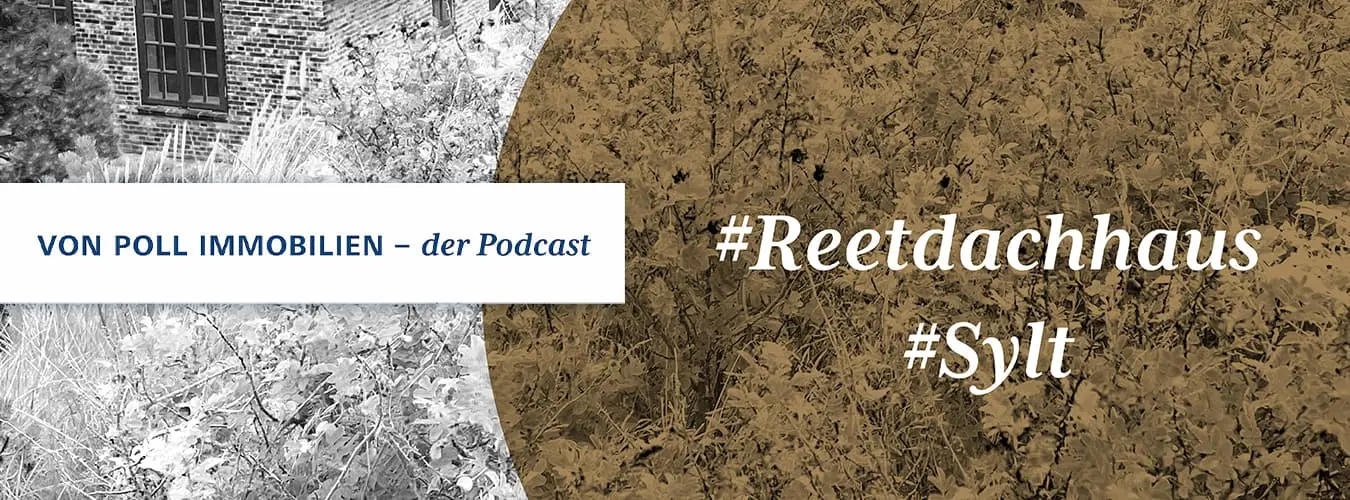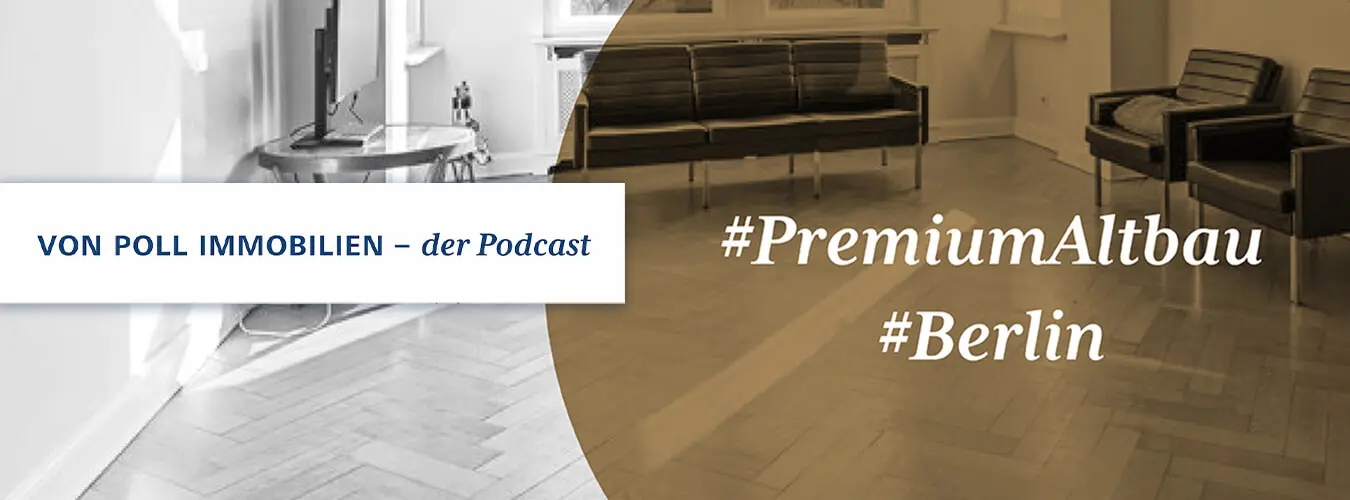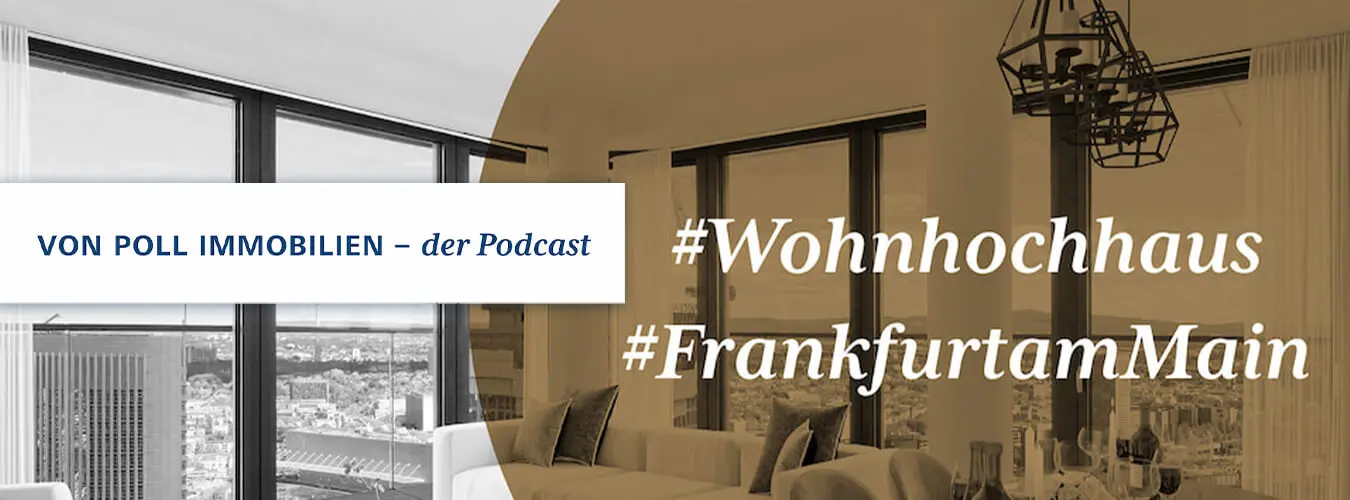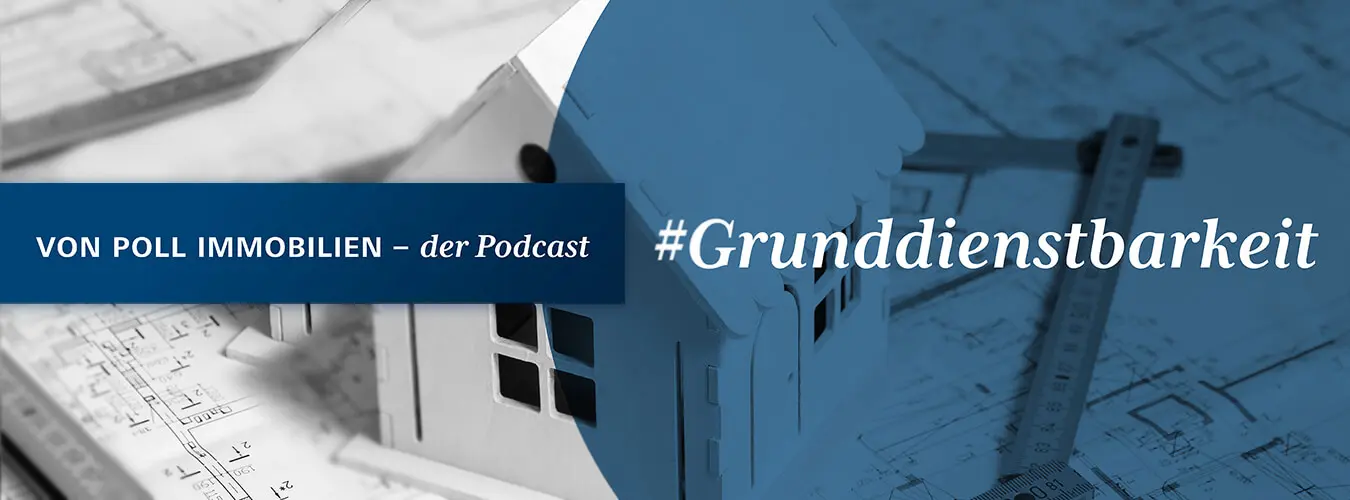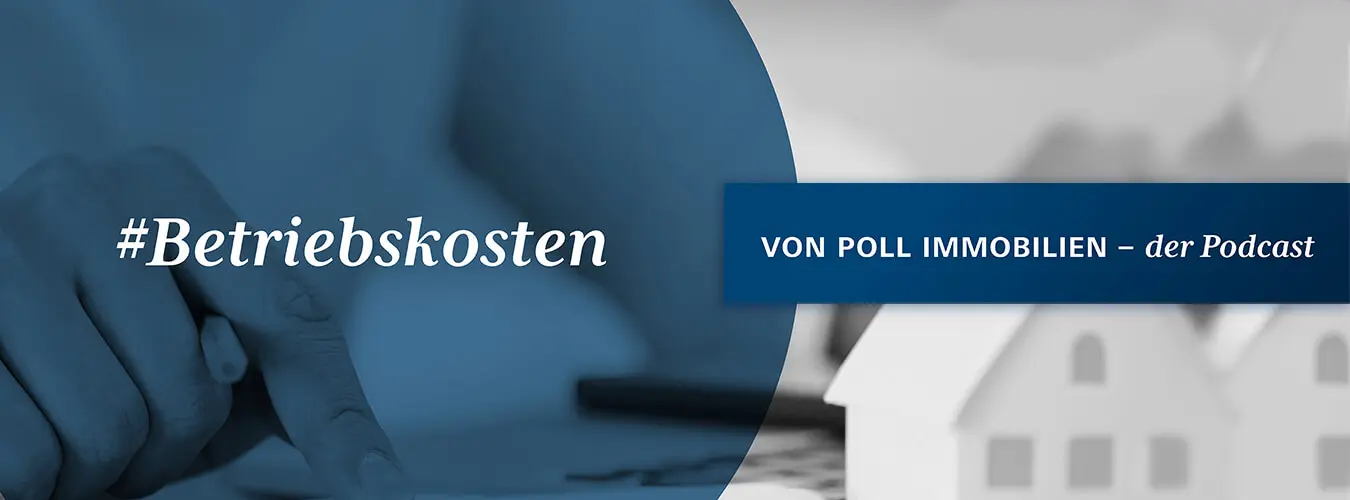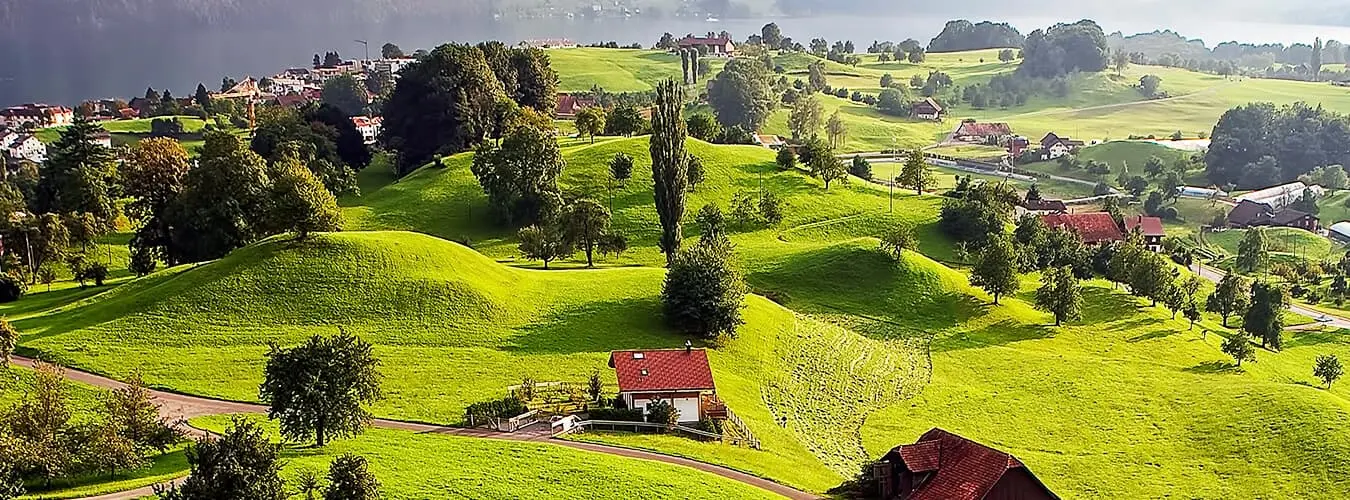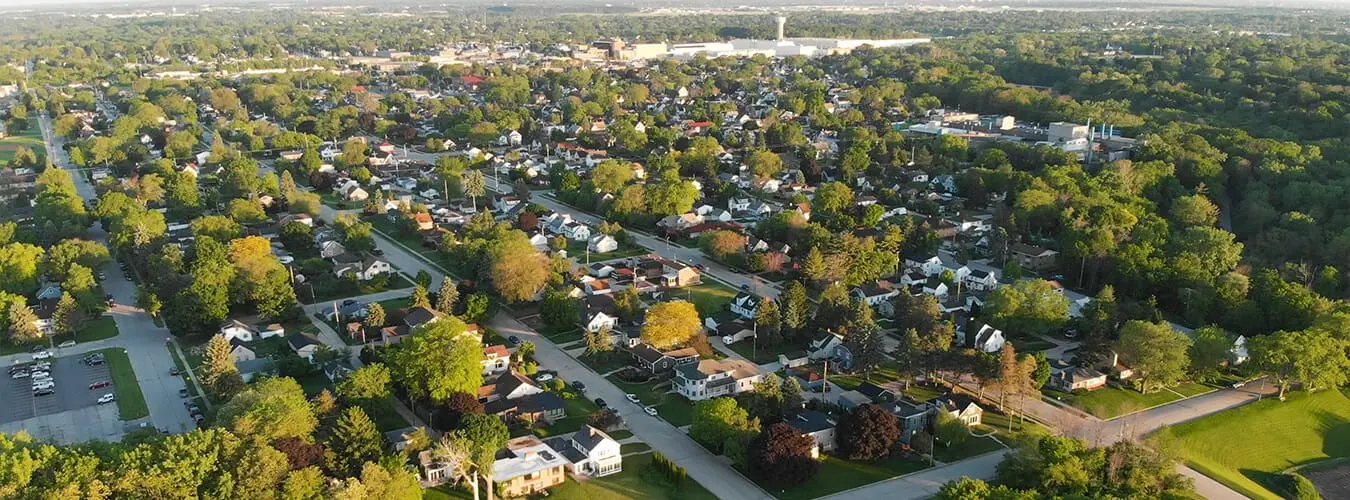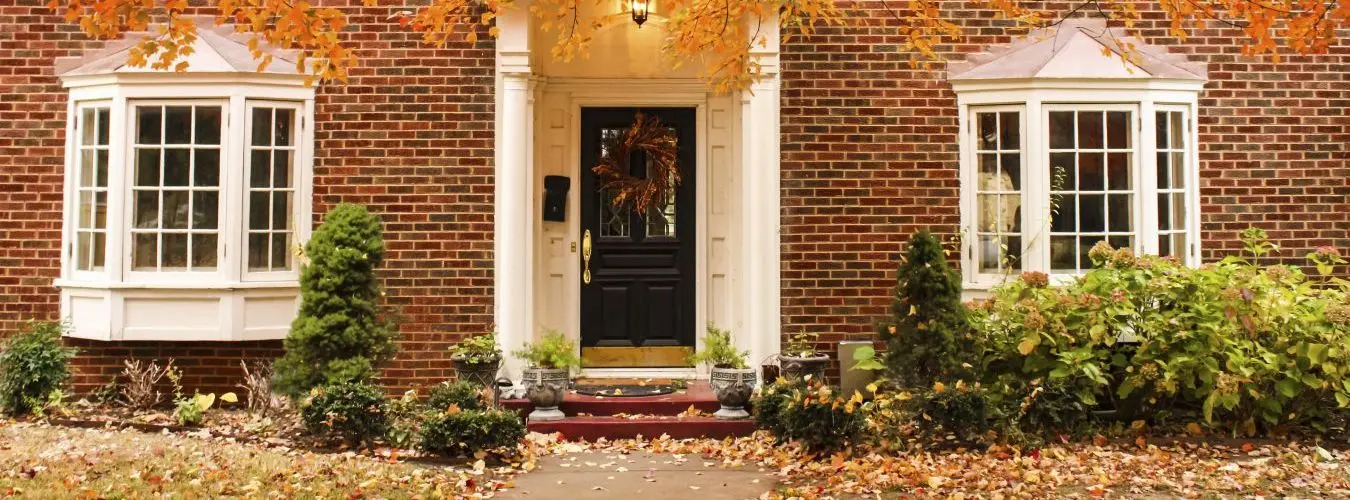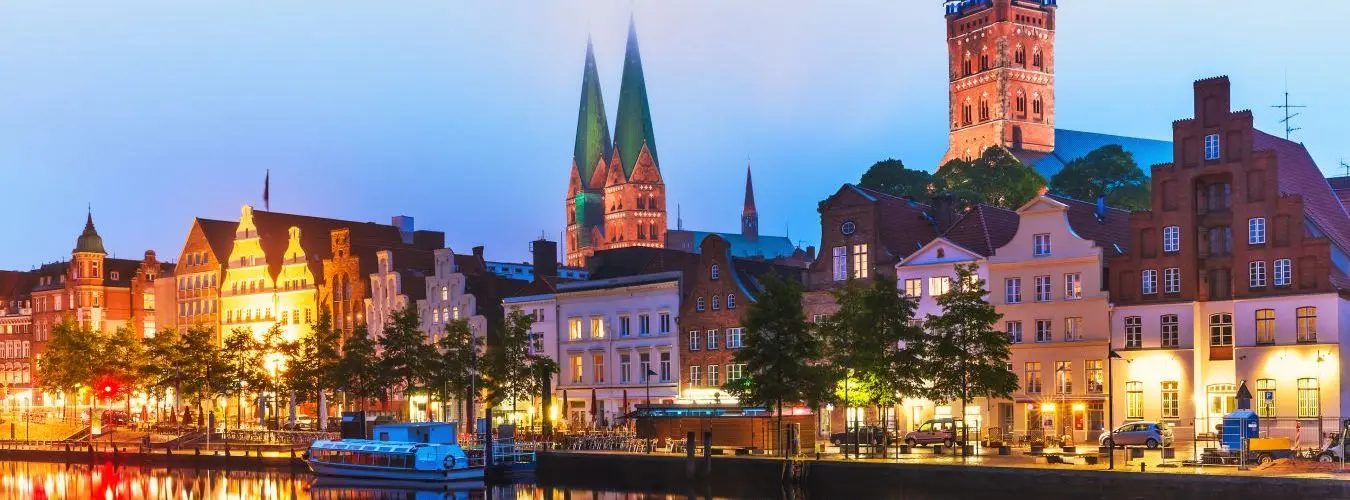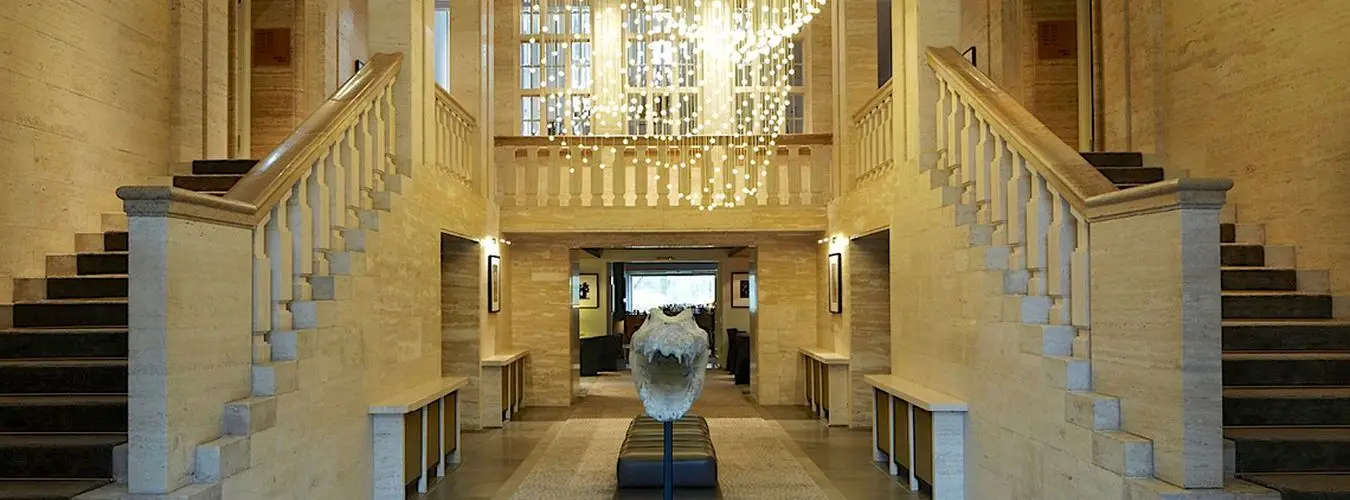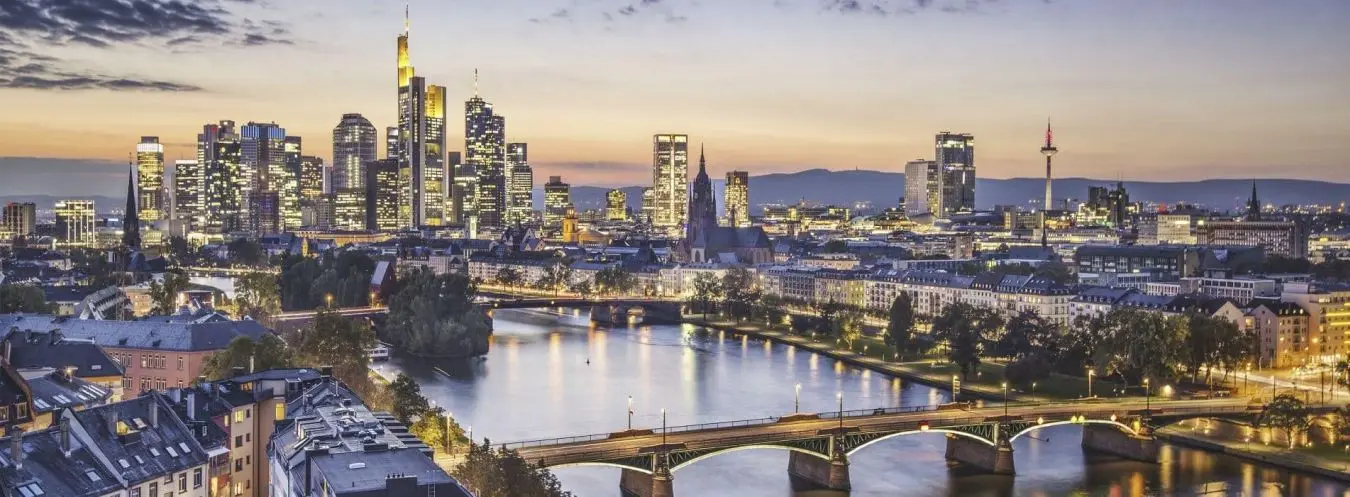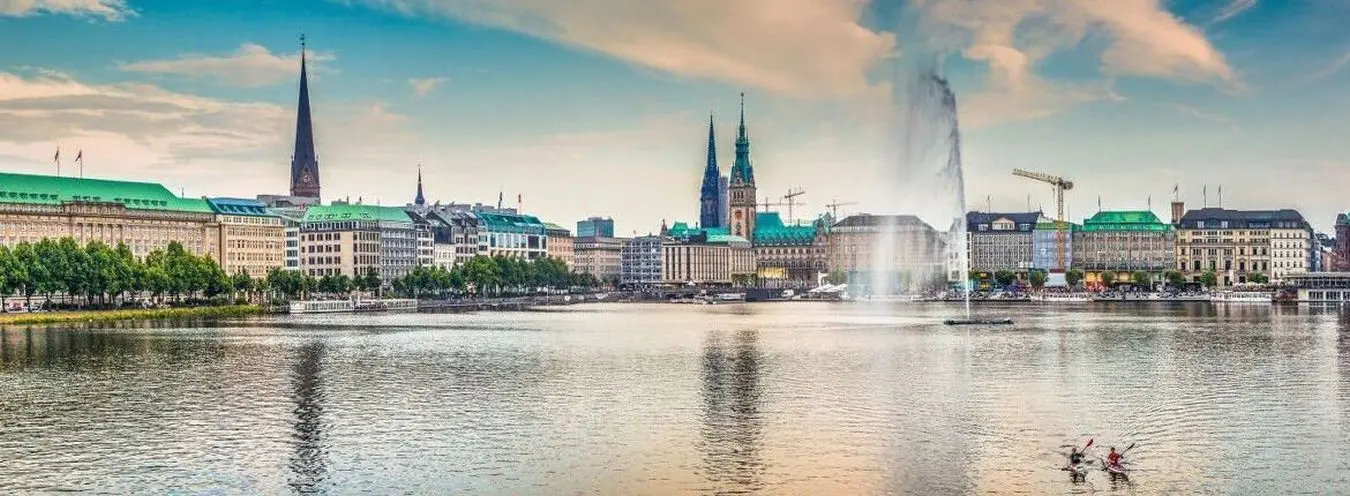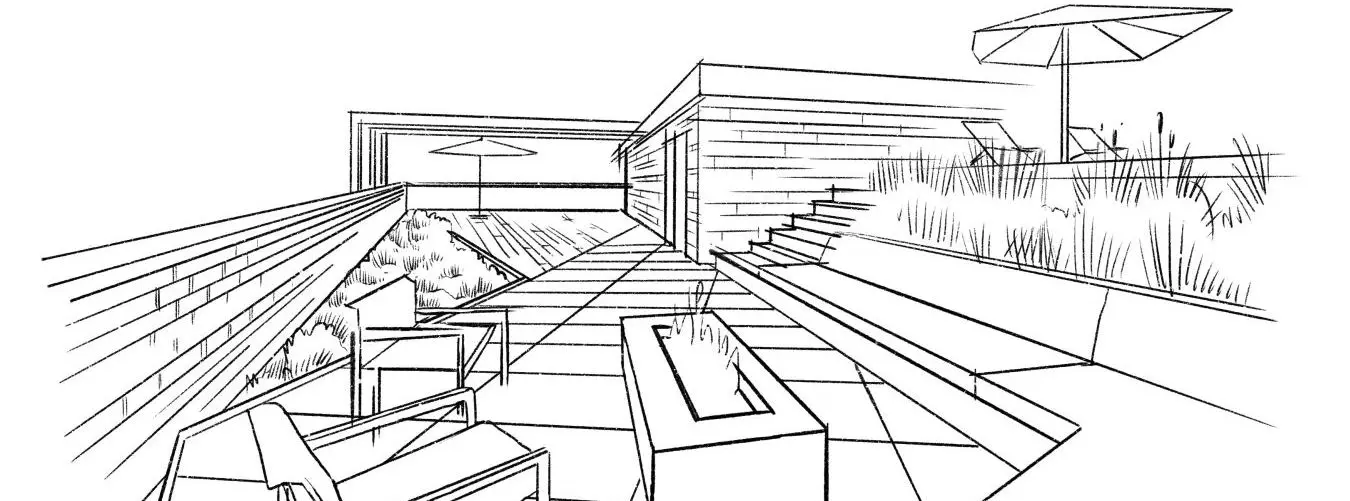Influential factors are increasing
In addition to economic, demographic and political factors, technological innovations, socio-cultural trends, environmental conditions, regulatory changes and social events can also have a significant impact on markets. The fact that these influencing factors have increased over the past five years and the intervals between events appear to be decreasing can hardly be disputed in light of the Corona pandemic, geopolitical conflicts and climate change. The real estate market has also visibly felt the effects that have led to rising inflation, changes in interest rate policies by central banks, and mandatory energy-efficient standards for residential buildings. In a five-year trend from January 2018 to July 2023, VON POLL IMMOBILIEN experts analyzed the average real estate prices* for houses and apartments in the A-cities - Munich, Frankfurt am Main, Berlin, Hamburg, Düsseldorf, Cologne, Stuttgart and Leipzig - and looked at which events led to significant changes.
Daniel Ritter, managing partner at VON POLL IMMOBILIEN:
"For a long time, the real estate market recorded a continuous increase in prices per square meter, especially in the German metropolises and the immediate surrounding areas. The five-year trend makes it clear that not all crises are the same, but that different effects on the market are possible. During the pandemic, the increased awareness of housing in terms of greater security as well as privacy and the home office effect additionally boosted the price trend for certain apartments and houses, whereas the outbreak of the Ukraine war and its consequences led to a turnaround for the first time and thus to a cooling of the heated real estate market. Since then, real estate prices have fallen, in some cases significantly. Nevertheless, it should be noted that prices in the A-cities Frankfurt am Main, Berlin, Munich, Hamburg, Dusseldorf, Cologne, Stuttgart and Leipzig are still at a high level, most of which are far above pre-pandemic levels."
Price development from 2018 to 2020
Between January 2018 and January 2020, real estate prices for houses and apartments in Germany developed continuously upwards by 24.4 percent from an average of €2,297/m2 to €2,857/m2. This picture was reflected in all A-cities. Led by Berlin with a price increase of 21.1 percent to 4,926 €/m2, followed by Stuttgart with 19.2 percent to 5,208 €/m2and Leipzig with 18.7 percent to 2,810 €/m2. With this jump in residential property prices, Stuttgart moved up to third place among the most expensive A-cities in January 2020, directly after Frankfurt am Main, where prospective buyers were able to purchase houses and apartments at an average of €6,003/m2 and in Munich at around 8.777 €/m2 had to expect.
Fig. 1: Purchase price development of houses and apartments in the A-cities and overall Germany between January 2018 and July 2023 (Graphic: von Poll Immobilien GmbH) - interactive chart incl. Figures by mouseover: https://www.datawrapper.de/_/rzmBR/
Price development from 2020 to 2022
After a brief pause, the upward trend in home prices continued to increase with the Corona pandemic from March 2020 - in some cases more strongly than before. Property prices rose the most between March 2020 and February 2022 in Leipzig with a whopping 31.3 percent to €3,844/m2, in the Hanseatic city of Hamburg with 28.2 percent to €6,749/m2 and in Cologne with 23.5 percent and Düsseldorf with 23.4 percent to €5,335/m2 and €5,834/m2 respectively. While the square meter prices in Munich - the city with the most expensive real estate prices in the ranking - with 12.4 percent to 9,961€/m2 rose in the same period at the lowest, Frankfurt am Main - the city with the second most expensive real estate prices among the A-cities - recorded after all around 21.3 percent rising prices with houses and dwellings to on the average 7,157 €/m2.
Daniel Ritter, managing partner at VON POLL IMMOBILIEN:
"Contrary to many expectations, the Corona pandemic acted as a price driver in the real estate sector. Demand for residential real estate increased significantly, supply became scarce and prices continued to rise," recalls VON POLL IMMOBILIEN expert Ritter. And further: "The importance of owning one's own property moved into the focus of prospective buyers due to the pandemic and the associated restrictions as well as the desire for security. People longed for more privacy and space, for example, to set up their own home office. Balconies, gardens and green spaces were also in greater demand. This trend intensified in the summer of 2021, after Germany was already in lockdown for the second time."
Price development from 2022 to 2023
The outbreak of the Ukraine war on February 22, 2022, marked a turning point in the German real estate market. From this point until July 2022, when the European Central Bank (ECB) raised the key interest rate for the first time, thus ending the zero interest rate policy in the euro zone after eleven years, real estate prices in almost all A cities stagnated or fell for the first time, in some cases abruptly. Only in the German capital Berlin did square meter prices continue to rise slightly, by 1.9 percent to €6,059. The most significant drop in these five months was seen in average property prices in Munich, which fell by -5.6 percent to €9.400 €/m2, followed by Frankfurt am Main with -4.5 percent to 7,157 €/m2 and Stuttgart with -2.9 percent to 5,848 €/m2.
Since July 2022, further interest rate increases by the ECB have followed, resulting in rising mortgage rates as well as a volatile market situation. The increasing political discussion about the adjustment of the Building Energy Act and the envisaged renovation obligations for residential properties additionally caused uncertainty among prospective buyers and sellers - with visible effects on real estate prices. The price level continued to decline from July 2022 to July 2023. During this period, property prices fell most sharply in Frankfurt am Main with -8.4 percent to €6,559/m2, followed by Cologne with -8.3 percent to €4,908/m2 and Munich with -8.1 percent to €8,640/m2. Even in Berlin, prices now fell for the first time by -2.2 percent to an average of 5,926 €/m2.
Daniel Ritter, managing partner at VON POLL IMMOBILIEN:
"The year 2022 has brought with it far-reaching changes that the real estate market has not been able to escape. Inflation, key interest rate increases, rising interest rates, bottlenecks in energy supply and, of course, the resulting uncertainty among the population have led to a further downward spiral in prices. However, it remains to be seen how long this effect will continue. At present, demand for housing in Germany can hardly be met, so demand will remain constant and even rise again. We therefore assume that prices will develop upwards again in the future - albeit at a more moderate pace than we have known to date."
* The data basis of the purchase price analysis for houses and apartments (existing and new construction) is based on the average asking prices between January 2018 and July 2023 from GeoMap and VON POLL IMMOBILIEN Research (2023).
The graphic for the interactive chart including embedding link can be downloaded here: https://www.datawrapper.de/_/rzmBR/

